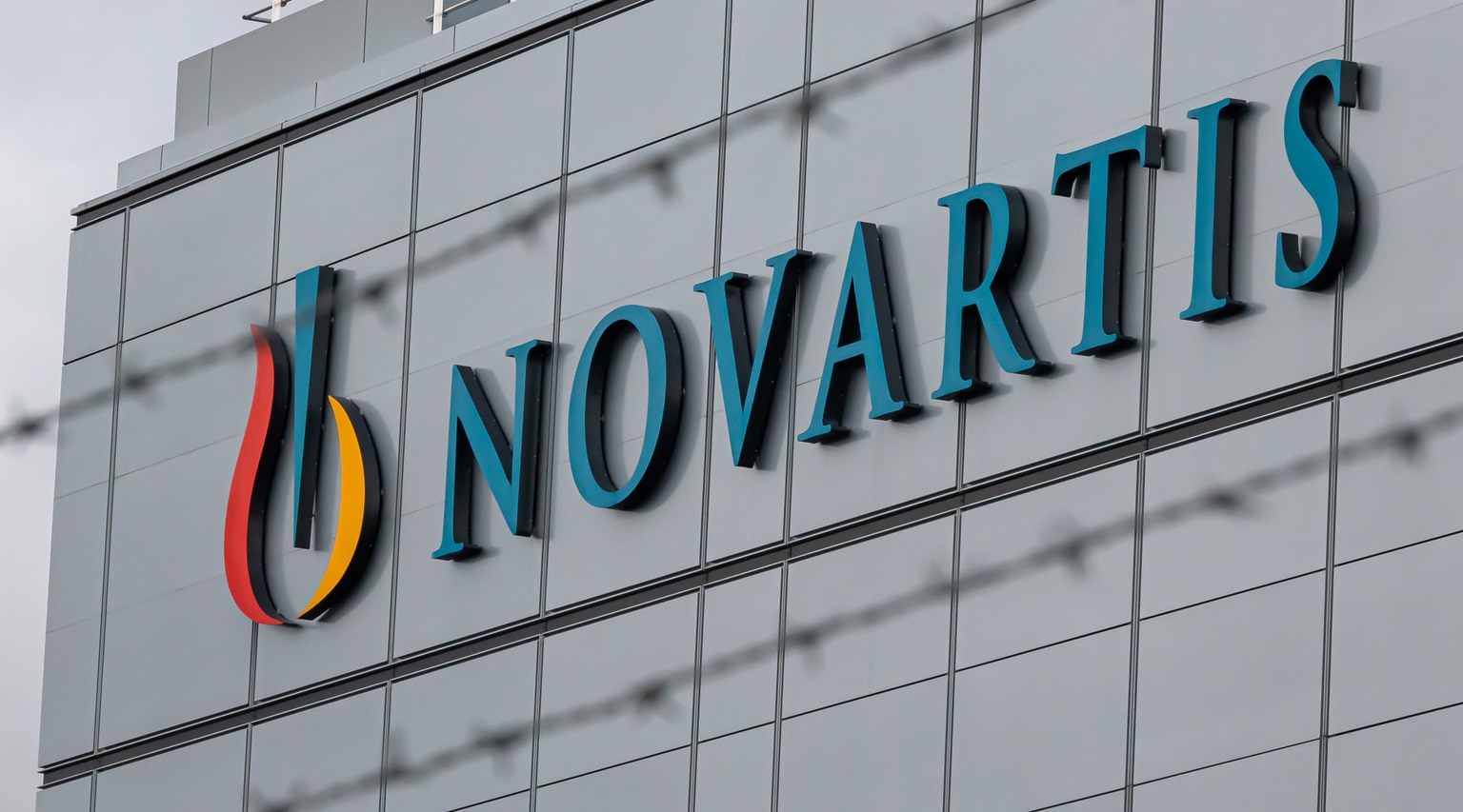The FDA just approved a new ORAL therapy, Scemblix (asciminib) from Novartis, for patients with Philadelphia chromosome-positive chronic myeloid leukemia previously treated with two or more tyrosine kinase inhibitors (TKIs). Studies show that around 55% of CML patients are intolerant to TKIs and 70% receiving TKIs as a second-line treatment fail to achieve a significant response. Patients who acquire T314I mutations also tend to be resistant to existing TKI therapies. The drug also received full approval for adult patients with Ph+ CML in CP with the T315I mutation.
Chronic myeloid leukemia (CML) is the most common myeloproliferative disorder accounting for ~20% of all leukemia cases. Its annual incidence has been estimated at between 1 and 1.5 cases per 100,000 and its prevalence at around 1 in 17,000. The Philadelphia chromosome is seen in more than 90% of patients with CML.
Pricing for Scemblix was not released. Channel access was not announced. However, given the small patient base for its indication it would be expected that Scemblix will launch via limited distribution.
FDA approves Scemblix (asciminib) for Philadelphia chromosome-positive chronic myeloid leukemia
On October 29, 2021, the Food and Drug Administration granted accelerated approval to asciminib (Scemblix, Novartis AG) for patients with Philadelphia chromosome-positive chronic myeloid leukemia (Ph+ CML) in chronic phase (CP), previously treated with two or more tyrosine kinase inhibitors (TKIs), and approved asciminib for adult patients with Ph+ CML in CP with the T315I mutation.
ASCEMBL (NCT03106779), a multi-center, randomized, active-controlled, open-label clinical trial, is evaluating asciminib in patients with Ph+ CML in CP, previously treated with two or more TKIs. A total of 233 patients were randomized (2:1) and stratified according to major cytogenetic response (MCyR) status to receive either asciminib 40 mg twice daily or bosutinib 500 mg once daily. Patients continued treatment until unacceptable toxicity or treatment failure occurred. The main efficacy outcome measure was major molecular response (MMR) at 24 weeks. The MMR rate was 25% (95% CI: 19, 33) in patients treated with asciminib compared with 13% (95% CI: 6.5, 23; p=0.029) in those receiving bosutinib. With a median duration of follow-up of 20 months, the median duration of MMR has not yet been reached.
CABL001X2101 (NCT02081378), a multi-center, open-label clinical trial, is evaluating asciminib in patients with Ph+ CML in CP with the T315I mutation. Efficacy was based on 45 patients with the T315I mutation who received asciminib 200 mg twice daily. Patients continued treatment until unacceptable toxicity or treatment failure occurred. The main efficacy outcome measure was MMR. MMR was achieved by 24 weeks in 42% (19/45, 95% CI: 28% to 58%) of the patients. MMR was achieved by 96 weeks in 49% (22/45, 95% CI: 34% to 64%) of the patients. The median duration of treatment was 108 weeks (range, 2 to 215 weeks).
The most common adverse reactions (≥20%) are upper respiratory tract infections, musculoskeletal pain, fatigue, nausea, rash, and diarrhea. The most common laboratory abnormalities are decreased platelet counts, increased triglycerides, decreased neutrophil counts and hemoglobin, and increased creatine kinase, alanine aminotransferase, lipase, and amylase.
The recommended asciminib dose in patients with Ph+ CML in CP, previously treated with two or more TKIs, is 80 mg taken orally once daily at approximately the same time each day or 40 mg twice daily at approximately 12-hour intervals. The recommended asciminib dose in patients with Ph+ CML in CP with the T315I mutation is 200 mg taken orally twice daily at approximately 12-hour intervals.
This review used the Real-Time Oncology Review (RTOR) pilot program, which streamlined data submission prior to the filing of the entire clinical application, and the Assessment Aid, a voluntary submission from the applicant to facilitate the FDA’s assessment. The FDA approved this application 4 months ahead of the FDA goal date.
This application was granted priority review, breakthrough designations, fast track designation, and orphan drug designation. A description of FDA expedited programs is in the Guidance for Industry: Expedited Programs for Serious Conditions-Drugs and Biologics.






